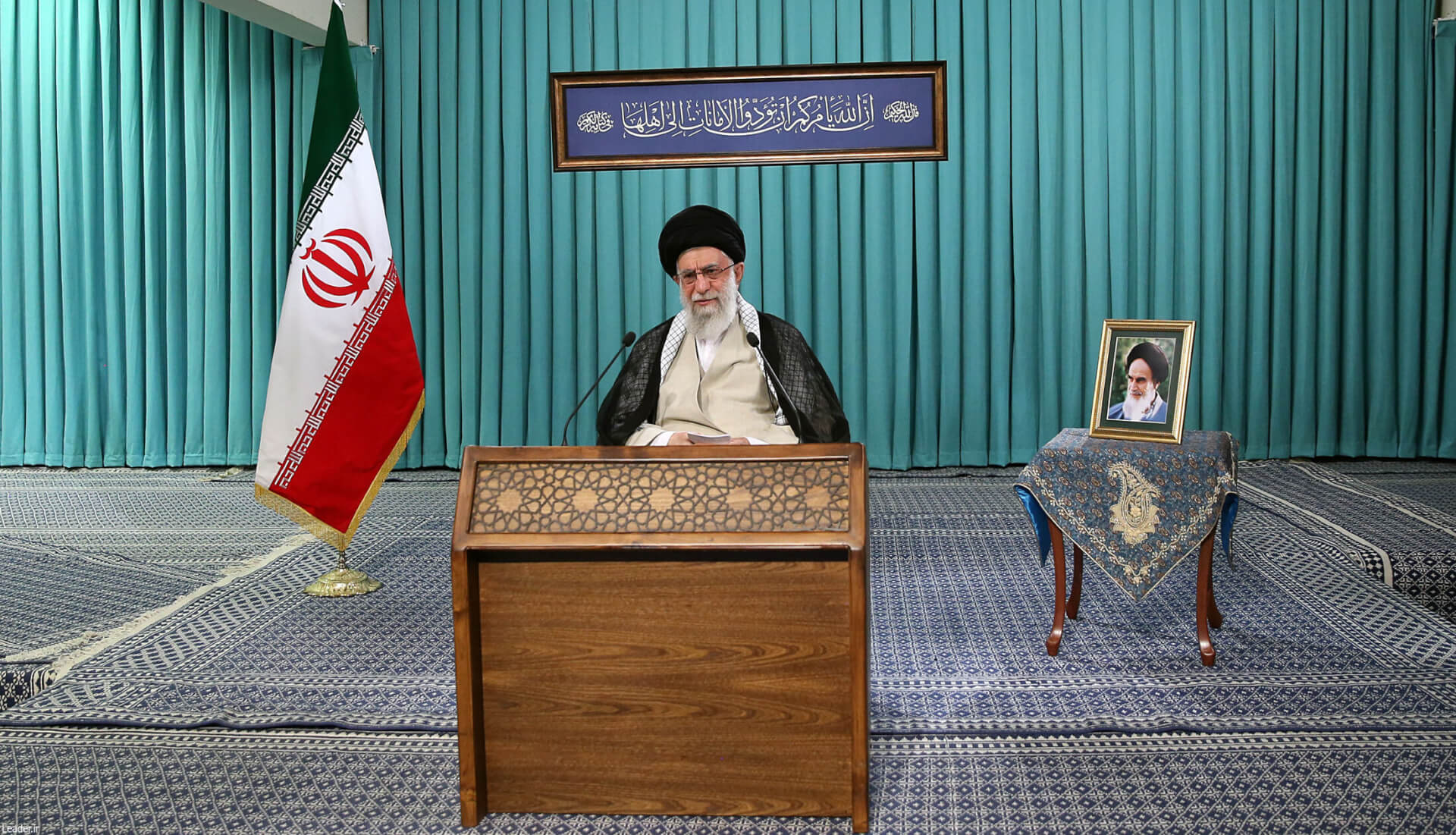As Iran heads to the polls on Friday to elect a new President, Iranian Supreme Leader Ayatollah Ali Khamenei has urged Iranians to vote in large numbers. Khamenei’s call for a greater turnout comes from reports showing that many Iranians want to boycott the election.
Khamenei, on Wednesday, said Friday’s election is a “decisive and influential event”, and Iran’s “enemies” have been trying relentlessly to weaken public participation. “American and British media and their mercenaries have been seeking to question the election and reduce the presence of the people from several months before,” Khamenei added. He called on Iran’s people to “bring honour to Iran and the Islamic Republic again contrary to the will of the enemy.”
If the new president is elected by a significant majority of the votes, he will be a powerful president and can carry out great tasks. Our country has the capacity to do many things. Benefiting from this capacity requires strong people that enjoy extensive popular support.
— Khamenei.ir (@khamenei_ir) June 16, 2021
Khamenei stressed that “We [Iranians] must increase the turnout in the elections and show the public support of the regime” to reduce external pressure. “A large turnout and votes give the future president more power to reduce problems,” he added. The leader said the elections in the country are known for their “competitiveness”, and this can be seen in the fact that “presidents have sometimes come to power with completely different political tastes.”
Outgoing Iranian President Hassan Rouhani also expressed the Supreme Leader’s call for a greater turnout. “To be able to work more powerfully and serve the people, the President requires more votes, and the presence and votes of more people are very effective in this regard,” Rouhani said on Thursday. He added that many of Iran’s “ill-wishers want the queue to empty tomorrow”, and hence, it was the duty of Iranians to show up in large numbers to vote.
The Islamic Revolutionary Guard Corps (IRGC), the country’s top military establishment, called Iranians from “all walks of life” to participate. The IRGC equated every vote cast to a “missile on enemies’ targets.”
Despite the calls for a high voter turnout from the political class, many Iranians have expressed frustrations over the country’s state of affairs and the nature of the elections. Iran is facing an economic crisis, especially in the wake of crippling economic sanctions imposed on it by the United States and the ongoing COVID-19 pandemic. Rising food prices, unemployment numbers, and poverty levels have left many Iranians in despair.
Also Read: Iran’s Guardian Council Disqualifies Most Reformist Candidates From Presidential Election
To make matters worse, Iran’s 12-member Guardian Council disqualified almost every reformist Presidential candidate from participating in the election in May, leaving Iranians to pick a President from conservative hardliners. Last month, RFE/RL’s Golnaz Esfandiari reported that ordinary Iranians are frustrated with the lack of choice while voting for presidential candidates. Also, there are concerns that the upcoming elections may witness a public boycott as Iranian opinion polls have suggested that this year’s vote could see a record low turnout.
It is also widely believed that, among the nominated candidates, conservative cleric and former judicial chief Ebrahim Raisi is likely to replace Rouhani as Iran’s next President. Raisi is popular in the country for his anti-corruption stance and is close to Supreme Leader Ayatollah Ali Khamenei. There are also reports that Iran’s Ayatollah is considering Ebrahim Raisi as his successor. The Guardian Council’s decision to bar most candidates and pave the way for a Raisi presidency could indicate Khamenei’s motives.
Apart from the 13th presidential vote on Friday, Iran is also set to hold elections for the Islamic Councils, Assembly of Experts, and midterm Islamic Consultative Parliament.

